The Real Reason Ukraine Isn’t Ready to Join NATO
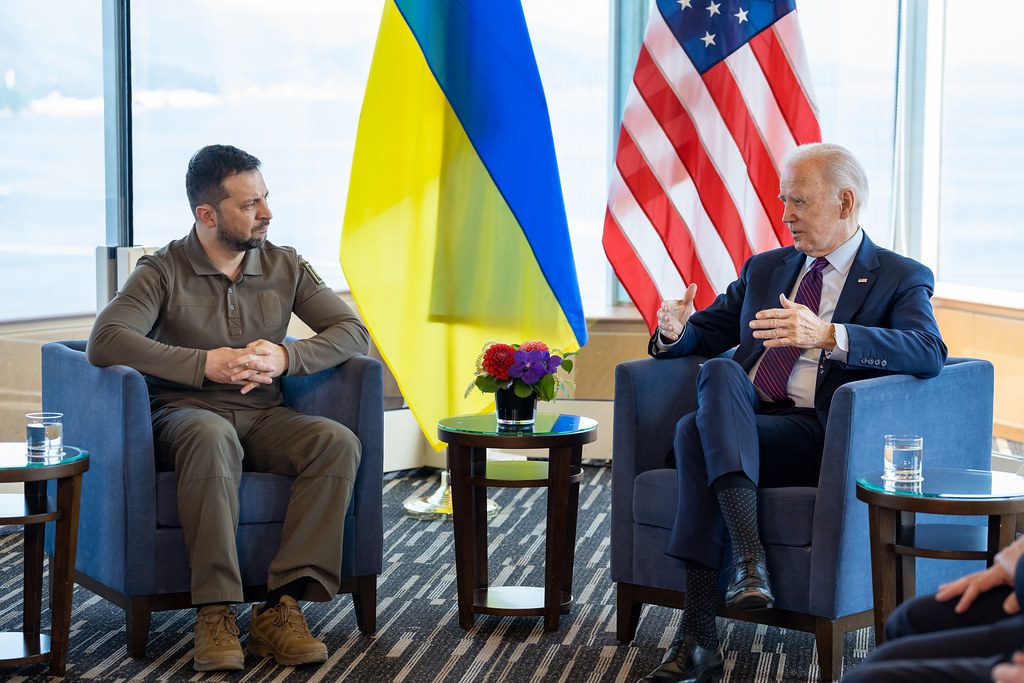
The alliance knows how to defend democracies from the outside, but can’t promote democracy from within.
By Mark Hannah, Senior Fellow
This article appeared in POLITICO on September 18, 2023.
Six of the seven Ukrainian deputy defense ministers were fired this morning. Earlier this month, when President Zelenskyy of Ukraine sacked his defense minister, news reports cited the ministry’s allegations of mishandling military contracting and corruption. This sort of corruption prompted President Biden to state last month that Ukraine was not ready for NATO membership.
But just a couple days later, at a NATO summit in Vilnius, member countries insisted it was only a matter of time before Ukraine would join the alliance. They even dropped the requirement for Ukraine to abide by a Membership Action Plan — NATO’s rigorous program which ensures aspiring countries meet the alliance’s military, economic and democratic standards. Zelensky visits the U.N. General Assembly and White House this week, bringing Ukraine’s NATO aspirations back into the news.
Pundits cast the war in Ukraine as ground zero of a global struggle between democracy and autocracy. Through its vigorous defense against Russia, they argue, Ukraine is a battle-tested soldier for democracy and thus worthy of NATO membership. Membership will, in turn, reverse the further erosion of Ukraine’s flawed democracy. Or so the argument goes.
But that argument misses an important distinction: NATO is designed to defend countries which are already democratic, but it’s wholly unequipped to promote democracy within those countries. So Ukraine’s membership in NATO, contrary to the conventional wisdom, wouldn’t bolster the cause of Ukrainian democracy.
Read more of Mark’s article in POLITICO.

Written by Mark Hannah
Mark is a senior fellow with the Independent America project at the Institute for Global Affairs and host of the podcast, None Of The Above.
More from Mark
This post is part of Independent America, a research project led out by IGA senior fellow Mark Hannah, which seeks to explore how US foreign policy could better be tailored to new global realities and to the preferences of American voters.

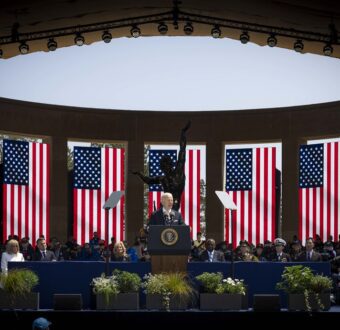
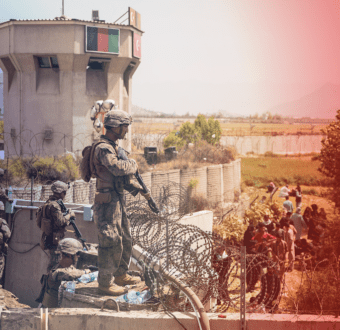
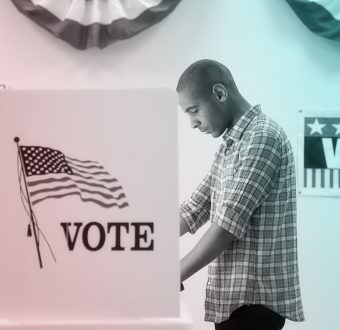


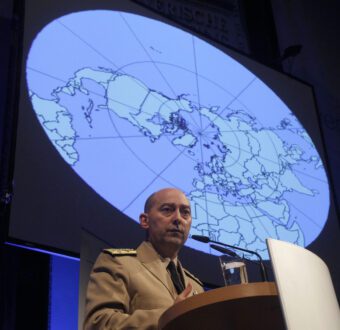

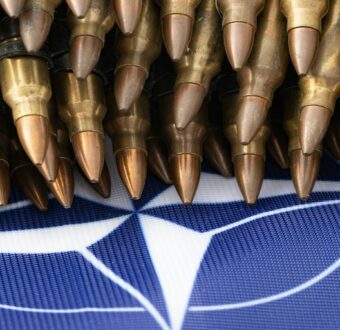



NATO at 75: What’s Its Future?